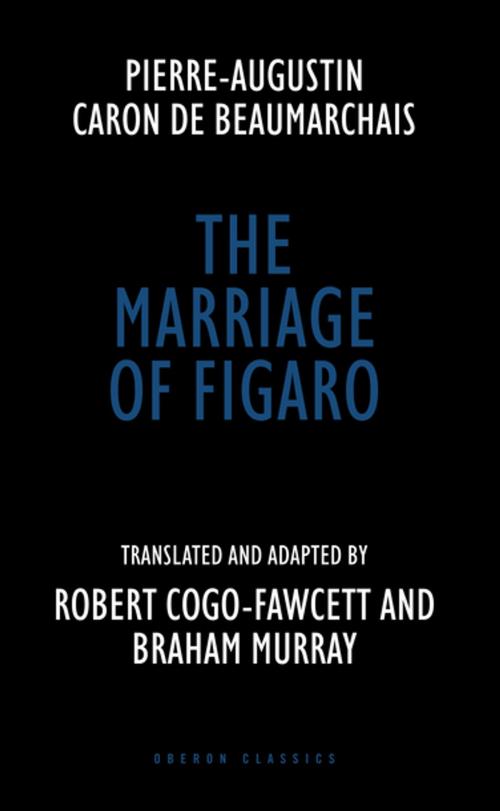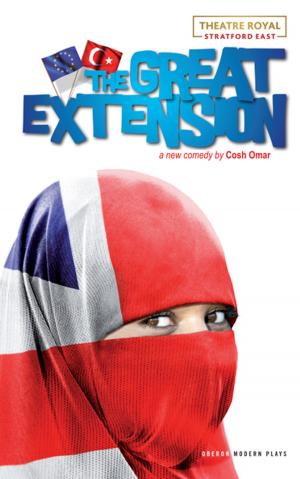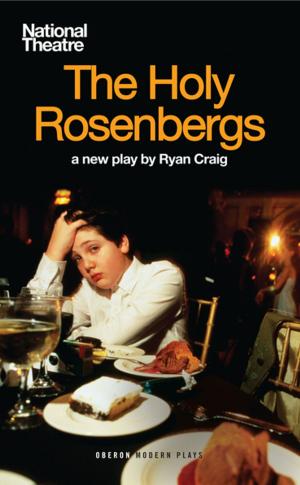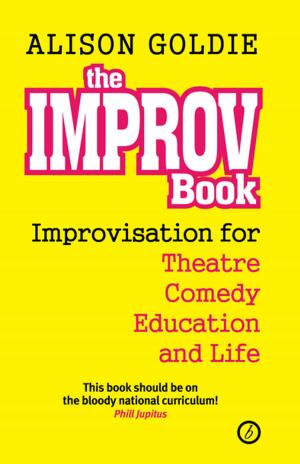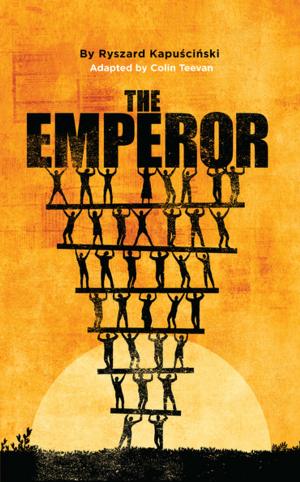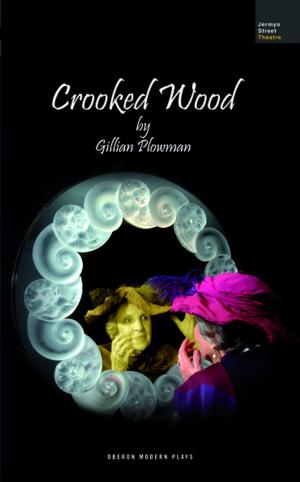| Author: | Pierre Augustin Caron de Beaumarchais, Braham Murray, Robert Cogo-Fawcett | ISBN: | 9781783193783 |
| Publisher: | Oberon Books | Publication: | July 1, 2002 |
| Imprint: | Oberon Books | Language: | English |
| Author: | Pierre Augustin Caron de Beaumarchais, Braham Murray, Robert Cogo-Fawcett |
| ISBN: | 9781783193783 |
| Publisher: | Oberon Books |
| Publication: | July 1, 2002 |
| Imprint: | Oberon Books |
| Language: | English |
First produced at the Odéon in 1784 The Marriage of Figaro, the second play of Beaumarchais' trilogy was an instant success and ran for an unprecedented 116 performances. Written six years earlier the play had been subject to the rigorous demands of no fewer than six censors, appointed one after the other by Louis XVI, with the principal purpose of preventing such a seditious piece of work from ever reaching the stage. Perhaps the king was right for Beaumarchais’ revolutionary attitudes towards women and the aristocracy espoused the popular feeling that would turn social order on its head and cause the king to lose his own in the subsequent decade. Figaro, full of an irrepressible joie de vivre remains one of drama’s arch-plotters, determinedly outwitting the cast of villains’ mountebanks and rivals who seek to ensnare him and bring about his downfall. His survival is not simply a testimony to his own endurance and inner strength but a signal to the world that the common man has rights and that the modern world must reform itself or be reformed if he is to be allowed to enjoy them.
First produced at the Odéon in 1784 The Marriage of Figaro, the second play of Beaumarchais' trilogy was an instant success and ran for an unprecedented 116 performances. Written six years earlier the play had been subject to the rigorous demands of no fewer than six censors, appointed one after the other by Louis XVI, with the principal purpose of preventing such a seditious piece of work from ever reaching the stage. Perhaps the king was right for Beaumarchais’ revolutionary attitudes towards women and the aristocracy espoused the popular feeling that would turn social order on its head and cause the king to lose his own in the subsequent decade. Figaro, full of an irrepressible joie de vivre remains one of drama’s arch-plotters, determinedly outwitting the cast of villains’ mountebanks and rivals who seek to ensnare him and bring about his downfall. His survival is not simply a testimony to his own endurance and inner strength but a signal to the world that the common man has rights and that the modern world must reform itself or be reformed if he is to be allowed to enjoy them.
